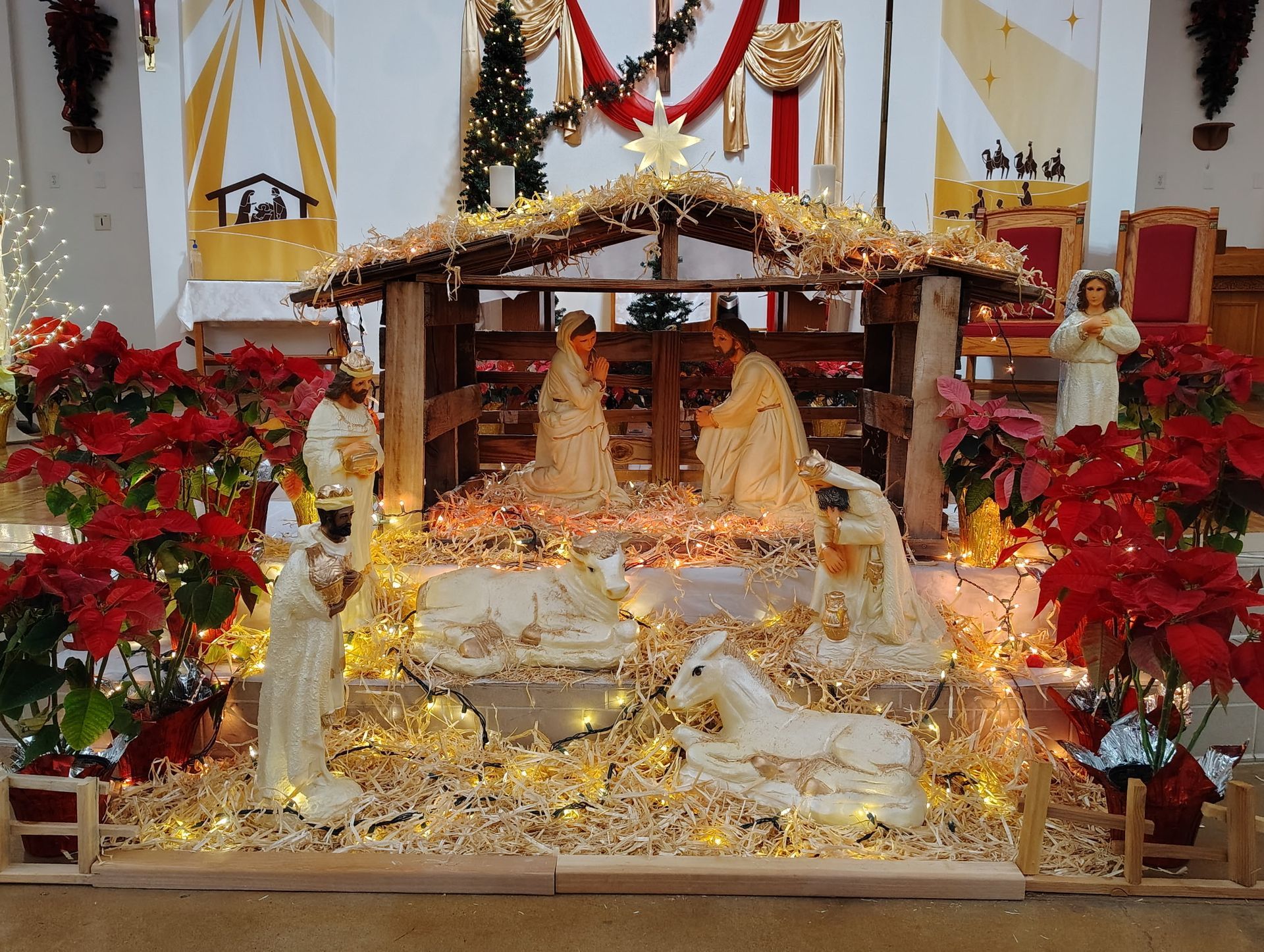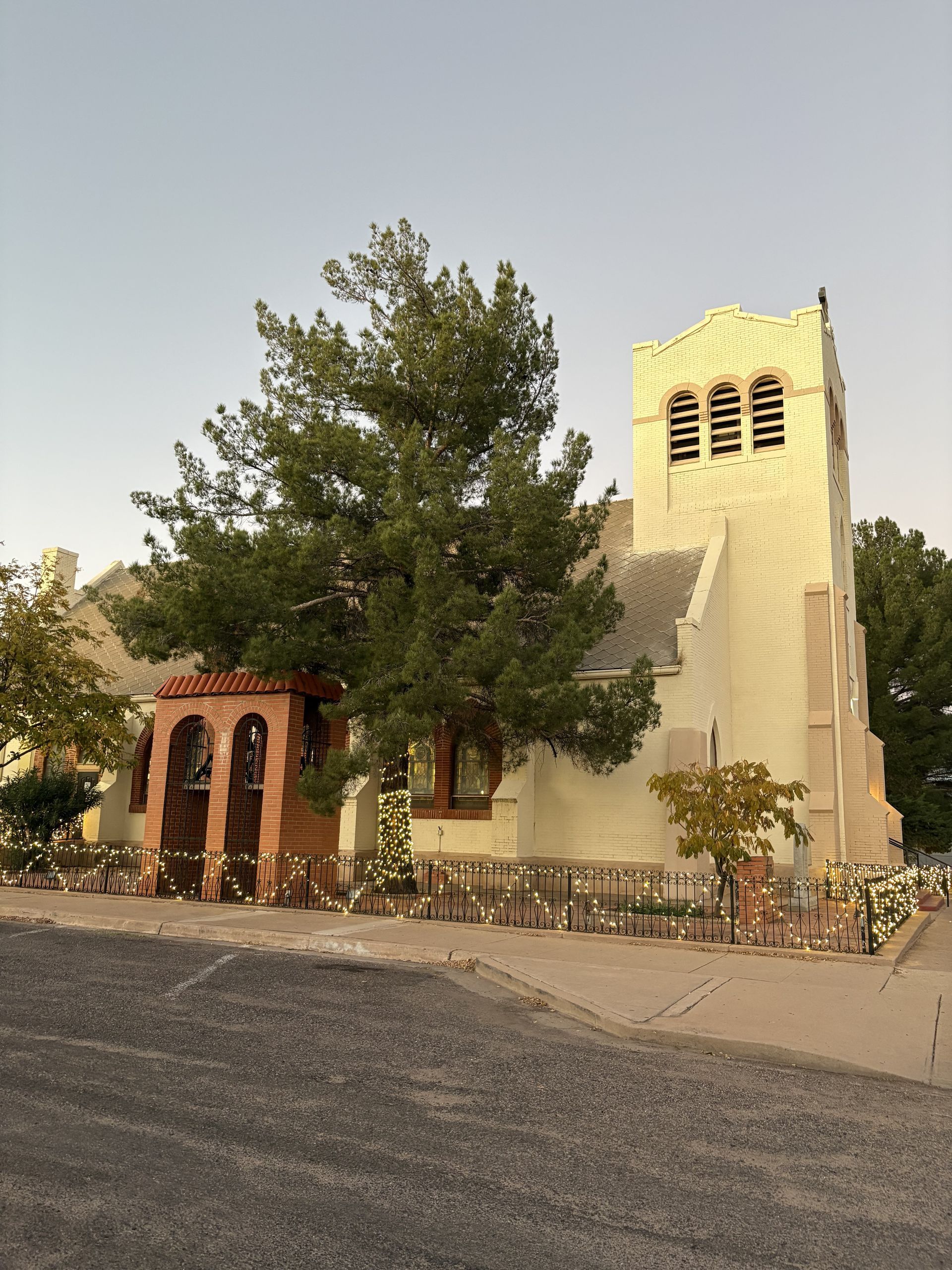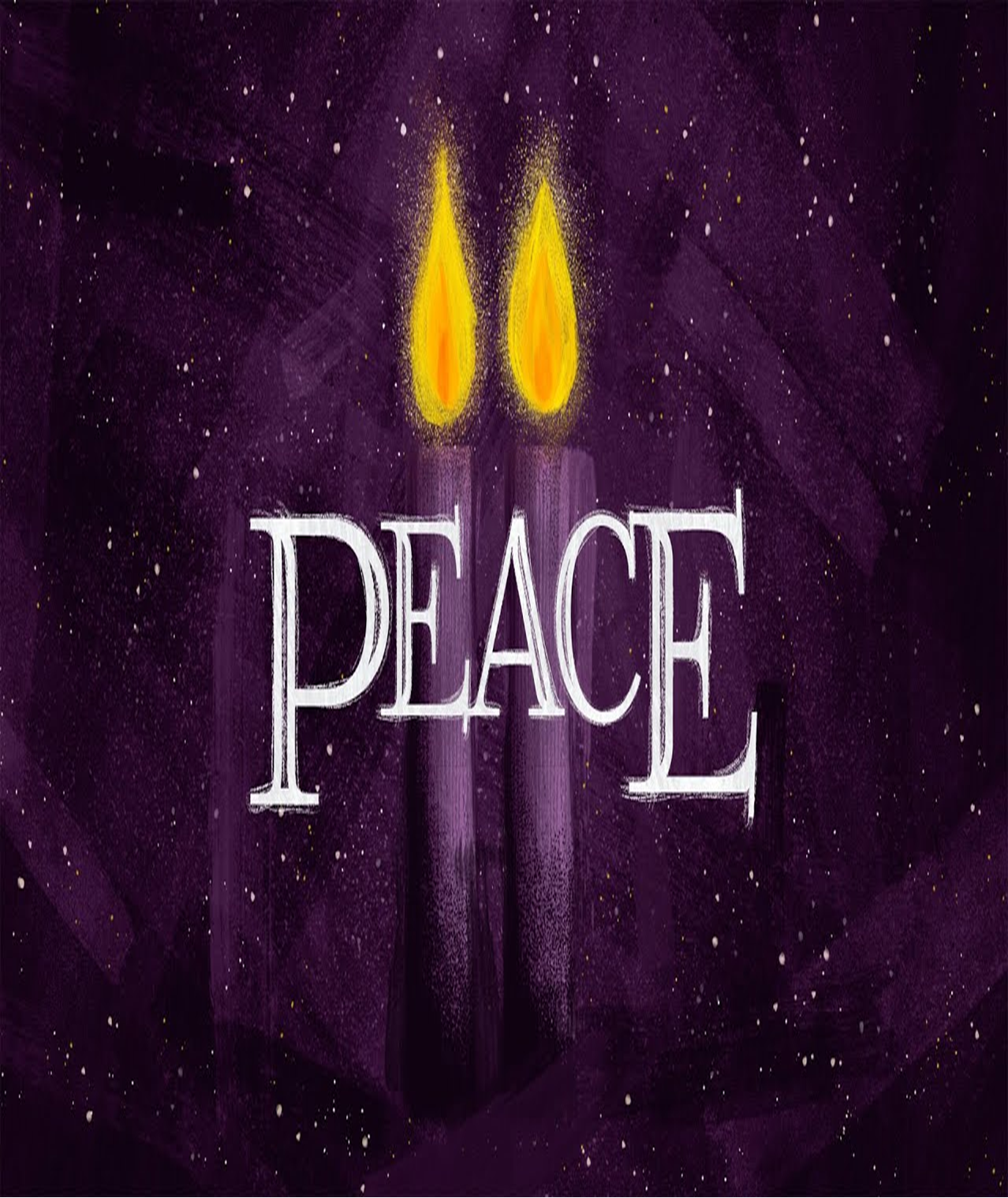The Fifth Sunday of Lent, the First Sunday of the Passion, a week before Palm Sunday and Holy Week, draws us closer to the heart and soul of the liturgical year. And so, it is but fitting to focus our attention to the gospel that signals the impending passion and death of Jesus and the fruits of the resurrection (renewal and mission) that will come out of it employing the language of agriculture and the metaphor of seed, “Unless a grain of wheat falls to the ground and dies, it remains just a grain of wheat but if it dies, it produces much fruit.” In this entire scenario, Jesus announced the prediction of his death and resurrection, a touchstone of Christianity. It provides the guiding light of Christian life. This passage tells us that death may be necessary but not always the end nor the finality. We go through death, as a rite of passage and fundamental change without losing our identity. The pandemic has exposed both the weakness of humanity in a global and local level but also shown us the greatness and bravery of our fellows. “Whoever loves his life loses it, and whoever hates his life in this world will preserve it for eternal life.” It is on this occasion that the Holy Father Pope Francis declared 2021 as the year dedicated to St. Joseph, Husband of the Blessed Virgin Mary, Patron and Protector of the Universal Church. He was the second greatest saint next to the Blessed Mother. Devotion to him didn’t start until sometime in the 10 th century. He appeared only five times in the gospels: the Annunciation, the Nativity, the presentation of the child Jesus in the Temple, as a refugee to Egypt and the losing and finding of Jesus in the Jerusalem. He was a saint who never left any writings or words to hold on during difficult times. He didn’t say anything not a single word ever. So, don’t feel bad if you have no writing abilities and speaking skills. Those are secondary in ministry. What is primary is sanctity and service. His work was behind the scenes. He lived in the shadows. He is the embodiment of ministers who don’t talk much but work hard whose motive is not for personal acclaim but labor of love (lots of them). The year of St. Joseph is a stark reminder to those who love to talk and write (all words) but don’t get things done (no action). 2021 is a celebration of the unnoticed, discreet, prudent and hidden gem of our lives as exemplified by St. Joseph. He was a dreamer. He dreamed dreams and saw visions. We may not realize because of modern scientific discovery but God talks to us in our dreams, in our subconscious. Who knows his most important message and revelation will come to us via our dreams. Following the announcement of the Angel who appeared to him in a dream, he only had a few hours to discern and decide whether to take to heart the angel’s words or go with his personal plan. St. Joseph represents the numerous men and women working behind the limelight, un-appreciated in parish communities and all aspects of church life. Below is the concluding prayer of the Novena to St. Joseph taken from the Apostolic Letter:
Hail, Guardian of the Redeemer, Spouse of the Blessed Virgin Mary. To you God entrusted his only Son; in you Mary placed her trust; with you Christ became man. Blessed Joseph, to us too, show yourself a father and guide us in the path of life. Obtain for us grace, mercy and courage, and defend us from every evil. Amen.
As you know, the Philippine Church is celebrating 500 years of Christianity with 1521 at its beginning. It is nearly impossible to understand the culture and its people without looking at the past (333 years of Spanish occupation). Philippines was founded by missionaries (religious people), not merchants. The Spanish missionaries converted the natives not through guns, force and violence. It is a nation that is heavily immersed, shaped and formed by Christian doctrine with special emphasis on devotions: the Holy Infant of Jesus, the Black Nazarene, among others. The natives whose religion was Muslim and pagan saw for themselves the beauty and grandeur of Christianity and its mysteries which became the driving force in their conversion to Catholicism. Filipinos are normally shy (for the first five minutes), courteous and respectful especially of authority. Religious life is deeply embedded in the life of a Filipino. Although, I should say, it is slowly embracing the secularized world due to the strong western influence marked by globalization. We don’t argue about God and with God. God exists as the supreme and supernatural being who created the world. We didn’t learn Spanish much unlike Mexico and Latin America because the missionaries preferred to go the difficult route, that is, learn and develop the strange native/tribal languages of the people which at that time, had no grammar, literature, etc. The missionaries learned the language by daily interaction with people. Many of the missionaries (lay and ordained trained for missionary activity) died on their journey (many of them unknown whose names never made it to the memorials) to the archipelago because of famine and disease. I thought that the un- matched dedication of the evangelizers in the 16 th and 17 th centuries is noteworthy.
Getting vaccinated requires some sort of dying to self, an exercise of the virtue of humility. It’s either you go through the pain of side effects or get covid-19. What is necessary to stress is the societal and communal aspect of vaccines. It protects the individual, others, the greater community and the world at large.
Our reflection this Sunday leads us to say that, without people prepared to die for the lived experience of faith, there is no such thing as Christianity. Christianity is marked by dying and rising. We have seen this whole pattern in the paschal triduum (Passion, Death and Resurrection of Christ).
None of us sits in our couches all day and get fed. We are and have been in the labor force. We are engaged in the daily grind of life. Only some or few live a carefree privileged life. We face crisis. We worry a lot. We’re anxious, fearful and resilient. We fail, get up and grow. Successful people tell us, they failed not once but many times. The seed of grain that is preserved and tries to be self-sufficient must die (not an option) before it can bear fruit. Unless you do so, there is no change and chance. It is the nature of a seed to be buried on the ground before transformation takes place. It undergoes a profound change (loses itself along the way) yet, it doesn’t lose its identity and in fact, brings and affirms life in a new context. Once, a parishioner who was moving out gave me all her plants. One of the plants was a grain of wheat, a seed that is recently planted and buried in the pot. It disappeared but came back alive ready to share life. In order to be a Christian and for life to be meaningful and effective, one must pass the difficult process from death to life. This is evident in the ritual of baptism. In community living, we immerse ourselves (a form of dying by embracing the other and love shown and expressed) and be part of a larger group with shared interests, hopes and visions. Jesus wasn't simply talking about his own death per se but the fruit that comes out of it, that is, the faithfulness of the community of disciples. Death must precede life. The seed that does not fall to the ground and dies remains and abides alone. It was no real life ((or better yet, no life at all) for playing safe and the notion of self preservation. Risks are involved in falling and dying. That's what we are meant to do. If we never face any crisis in life, that means, we have never grown. If we never had enemies, that means, we never stood for anything. No religious person, in his or her right mind, stay neutral on faith and moral issues. Death is a prerequisite to life. Fasting is not a burden. it is a necessity. The Stations of the Cross is a far-cry to the struggles faced in life. In just a little over a week, Lent (the lengthening of time and season) will come to an end. In the forty days, did you ever die to and for something worth dying and fighting for? What was your experience of repentance? Did you break your daily routine by quieting yourself for 5-10-15 minutes? What was your interior preparation before coming to Mass? Did you do any sort of preparation at all? What worked well for you and what didn't? What was fruitful and what was not? We are doing this for holiness’ sake which will take us to life eternal. Amen.



